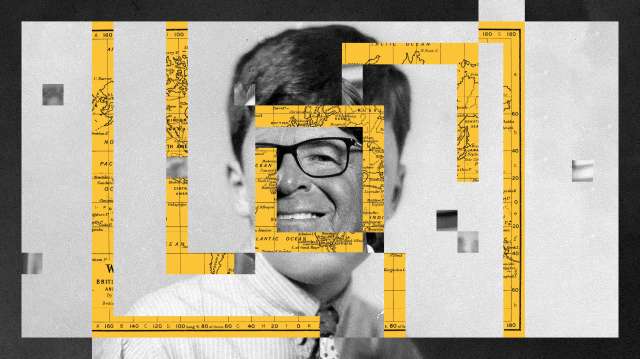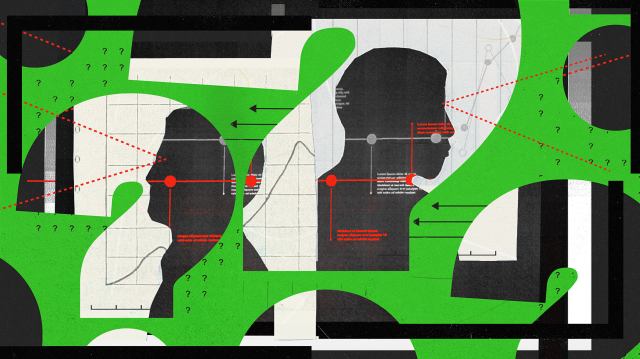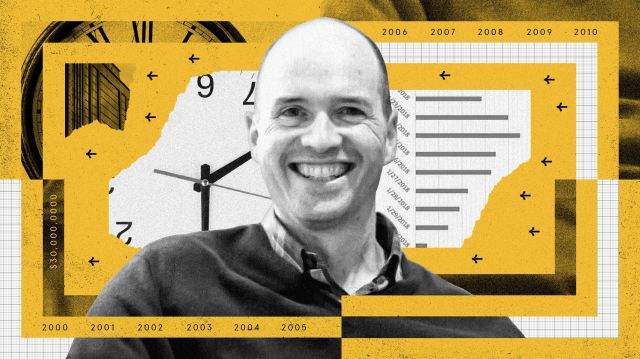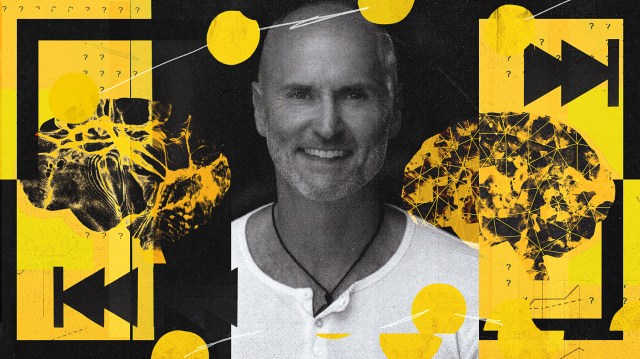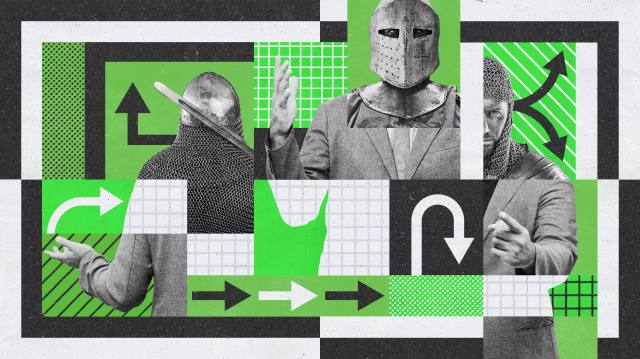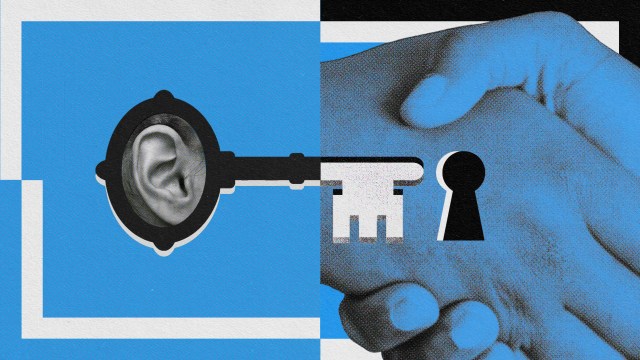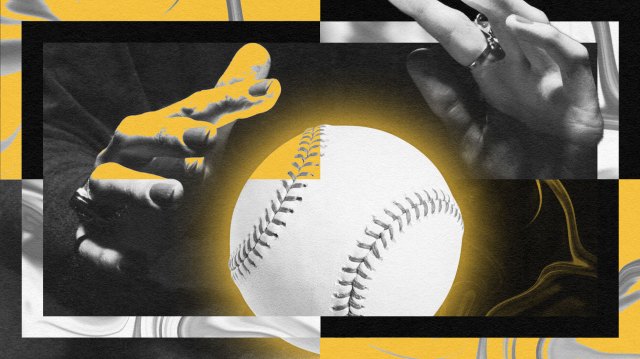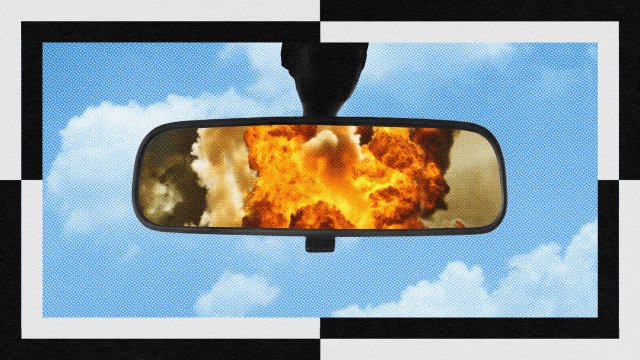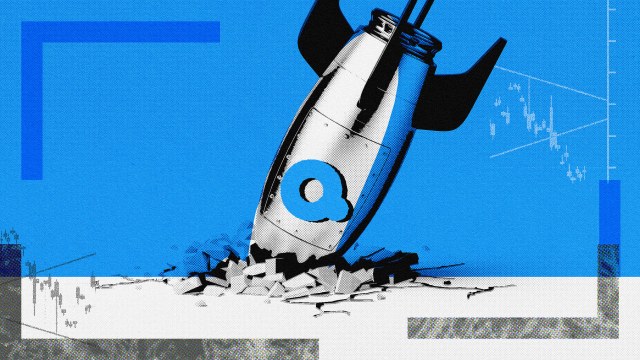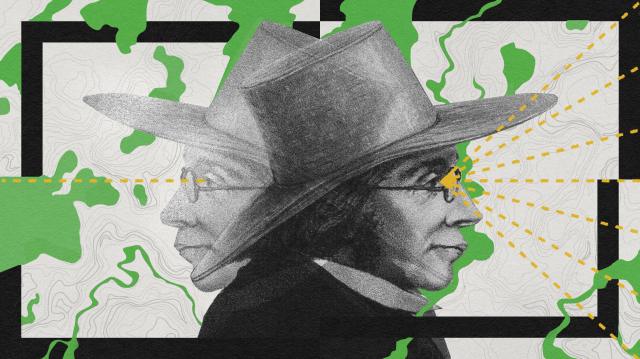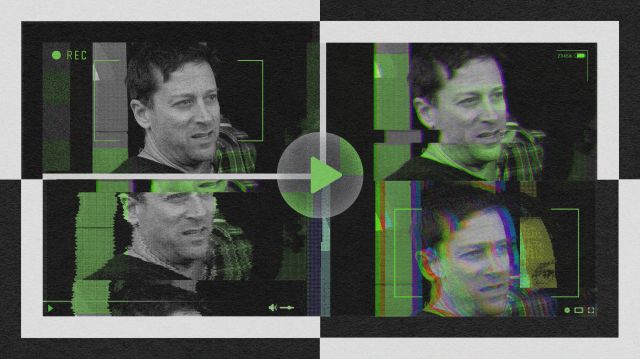What baseball and Nietzsche tell us about the perils of hindsight

- The notorious “Steve Bartman incident” of hapless and unintended fan interference took place in a high-stakes 2003 baseball game.
- The incident triggered a maelstrom of “mythical thinking” and threw the perils of hindsight into stark relief.
- As philosopher Friedrich Nietzsche had suggested, humans insist on looking backward, imagining all the while that we’re looking forward.
“In hindsight,” the newspaper story reads, “jumping in front of an oncoming subway train may not have been the smartest move Wesley Autrey has ever made. ‘It’s all hitting me now,’ ” he said. It was the day after Autrey had saved the life of a young man, apparently suffering from a medical problem, who had fallen onto the tracks as a train approached. Autrey knew he had to do something; if he didn’t, the man would be dismembered. He therefore jumped from the platform down to the tracks and rolled with him into a drainage trough between the rails as the train hurtled into the station just a few inches above them. “Stupid” though Autrey had felt afterward, he certainly had no regrets. “I did something to save someone’s life,” he said. All’s well that ends well.
But if all doesn’t end well, what then? Here is another, rather more painful, story that took place back in 2003. It was the sixth game of the National League Championship Series in baseball, between the Chicago Cubs and the Florida Marlins. The Cubs hadn’t won a World Series since 1908, and they hadn’t even entered into one since 1945. But there they were, battling it out against the Marlins at Chicago’s Wrigley Field, up three games to two in the series, and the score was 3–0 in the top of the eighth inning. The Marlins were up at bat, there was one out, two left to go. Victory was imminent, and the fans could taste it.
One of the Marlins banged out a double. And then, suddenly and inexplicably, everything came undone — “sheer disaster,” as one sports writer put it. It all began with a fly ball down the left field line. The Cubs’ left fielder, Moises Alou, raced toward the ball, which was heading foul. And just as Alou was about to make the catch, a fan — a Chicago Cubs fan, no less, Steve Bartman — reached out from the stands and deflected the ball. Oh well, one might say; someone prevented a foul ball from being caught. It was no big deal; he didn’t even reach over the wall, so strictly speaking, it wasn’t a case of fan interference. But that simple, dumb act, so innocent in its way — other fans had their arms outstretched too, and may well have done exactly the same thing had Steve Bartman not gotten there first — will echo through that poor man’s life forever. Alou was enraged. The fans began booing and pelting Bartman with debris. And then, as if inevitably, more fuel was thrown on the fire.
The Marlin player who had hit that fateful ball wound up walking. Two Marlins were now on base. A single followed, which drove in a run. Then there was an error on a ground ball. The bases are now loaded. There’s another double, which knocks in two more runs: 3–3. A new pitcher comes in and intentionally walks the next batter, loading up the bases once more in the hope that, somehow, they’ll be able to get an out, maybe two, and reel in the inning and the game. The crowd, meanwhile, sits in horrified silence. A sacrifice fly brings in another run, followed by yet another double, which brings in three more runs. One more run is knocked in by a single and, finally, mercifully, the Marlins are retired. The Cubs’ at-bat during the bottom of that inning and the one to follow is utterly fruitless. The Marlins win, 8–3.

Forget about the walk, the hits, the error. The fingers point in one direction: Bartman. I prayed that the Cubs would win the seventh and final game of the series, if only to spare him a life that would likely be filled with grief and shame. If the Cubs were to win the final game, Bartman would simply have been a blip on the screen of history. He himself, of course, would never forget the incident, but he would probably be able to continue living in the Chicago area. If, on the other hand, the Cubs were to lose the final game, that day would become one of infamy, and he in turn would become one of the most loathed villains in that city’s beleaguered history.
The next day was pitiful. Bartman (who had gone into hiding) had issued an apology in a prepared statement delivered by his brother-in-law that reads as follows: “I had my eyes glued on the approaching ball the entire time and was so caught up in the moment that I did not even see Moises Alou, much less that he may have had a play,” he explained. “Had I thought for one second that the ball was playable or had I seen Alou approaching, I would have done whatever I could to get out of the way and give Alou a chance to make the catch.” Bartman was a youth baseball coach, 26 years old. The night before, security guards had to escort him from Wrigley Field. After that, police had to keep watch over the suburban home he shared with his parents. “I am so truly sorry from the bottom of this Cubs fan’s broken heart,” the apology continued. “I ask that Cub fans everywhere redirect the negative energy that has been vented toward my family, my friends, and myself into the usual positive support for our beloved team on their way to becoming National Champs.”
Sometimes the sheer force of history, pulsing along in its maddeningly saccadic way, is simply unbearable.
The Cubs lost again, 9–6, the following day, ending the series and their hopes for a World Series berth that year. Bartman stayed home for this one, with the police. Thousands of people, including the governor of Illinois, blamed him for the role he had played in the Cubs’ awful demise. Florida Governor Jeb Bush offered him asylum. He was also offered a free three-month stay at an ocean-front retreat in Pompano Beach.
Was Bartman really to be faulted for the Cubs’ demise? Yes, apparently so. Sometimes the sheer force of history, pulsing along in its maddeningly saccadic way, is simply unbearable. There need to be causes, origins. Some fans would point to mysterious forces. There’s a curse. It’s bad karma. It’s Destiny. Mythical thinking is at work here: there is the need to ward off the burden, even the terror, as the great historian of religion Mircea Eliade has put it, of fate, time, history. There is no room for accidents. Everything has a reason. Everything has a meaning. There is a story that can, and must, be told.
“In the phenomenalism of the ‘inner world,’” Nietzsche writes, “we invert the chronological order of cause and effect. The fundamental fact of ‘inner experience’ is that the cause is imagined after the effect has taken place.” For Nietzsche, therefore, a kind of faulty reasoning is at work much of the time in human affairs, including baseball games. Historical time marches on in its irreversible, unpredictable way, and we humans, feeling the need to point fingers, insist on looking backward, imagining all the while that we’re looking forward.
If only the Cubs had won that seventh game, everything would be entirely different. It would indeed; such is the nature of hindsight.
It could be argued that we ought to be more dispassionately historical in how we think about these things. Bartman may have wished this himself. “This is how it unfolded,” he might have said. “Don’t forget about the error and the intentional walk, not to mention the entire seventh game. I’m not the only one to blame!” If only people could reconcile themselves to the facts of the matter. Why must memory be so fallible and so selective? Why must the whole of history —understood here as the unfolding of reality in all of its unpredictable messiness — be so alien to the human mind? Why does the end have to determine the beginning? Bartman’s very life was in danger, one might argue, because most people just don’t know how to think straight about What Really Happened. If only the Cubs had won that seventh game, everything would be entirely different. It would indeed; such is the nature of hindsight.

